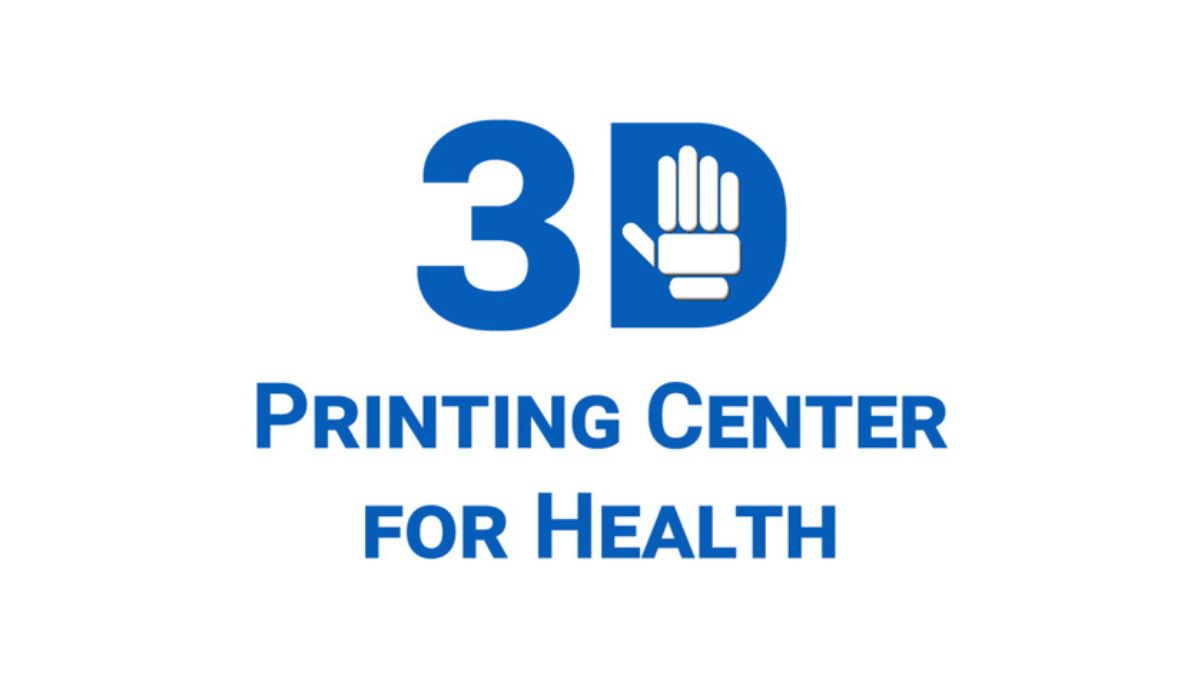The work developed by the center aims, therefore, at the creation or identification of the most suitable models for prostheses, assistive technologies or other existing devices, printed in 3D, with the support of partner institutions. Simultaneously, it also intends to integrate and encourage a creative and critical spirit among students from the different study cycles of higher education, providing them with solid theoretical and practical knowledge. With the creation of this centre, the research team wants the development process to be user-centered and to involve all stakeholders: patients, caregivers, health professionals, researchers and students.
With its launch, the 3D Printing Center for Health also announces the coordination of the first two projects:
E-nable 3D printing Center for Health – E-NABLE reference center for the development of prostheses
The e-NABLE 3D Printing Center for Health project is made up of a group of volunteers from different areas who manufacture 3D-printed upper limb prostheses for free for those who necessitate it most. The process of adaptation and development of the prostheses is carried out in collaboration with several institutions in the health area, with which partnership protocols have been established.
Motion Seeker: Development and manufacture of custom assistive devices
The Motion Seeker project was founded by a group of volunteers made up of students and professors in the field of Biomedical Engineering at NOVA School of Science and Technology. The project aims to develop 3D printed assistive devices/technologies, free of charge, for children, adults and seniors. These devices will help with gestures as simple as using a key or writing by hand. The design, development and validation process is done in collaboration with partner health institutions and in a highly personalized way, taking into account the patient’s needs.
“With this project, in addition to promoting the provision of valuable services in the area of health to the community, we also want to identify and create new materials and design methodologies, technologies and 3D printing equipment for this area. The 3D Printing Center for Health is already working on two specific projects that create assistive devices and prostheses for people of all ages,” explains Cláudia Quaresma, professor and researcher at the Department of Physics at FCT NOVA and coordinator of the center.
The 3D Printing Center for Health includes several clinical partners such as Hospital Curry Cabral and Hospital D. Estefania of Centro Hospital Universitário Lisboa Central, Centro de Medicina e Reabilitação do Alcoitão, Hospital Garcia de Orta and non-clinical partners like American Corner.
The 3D Printing Center for Health, located NOVA School of Science and Technology, was created by the Research Units “Laboratory of Instrumentation, Biomedical Engineering and Radiation Physics – (LIBPhys)” and “Research and Development Unit in Mechanical and Industrial Engineering – (Unidemi)”, and by FCT FabLab.
